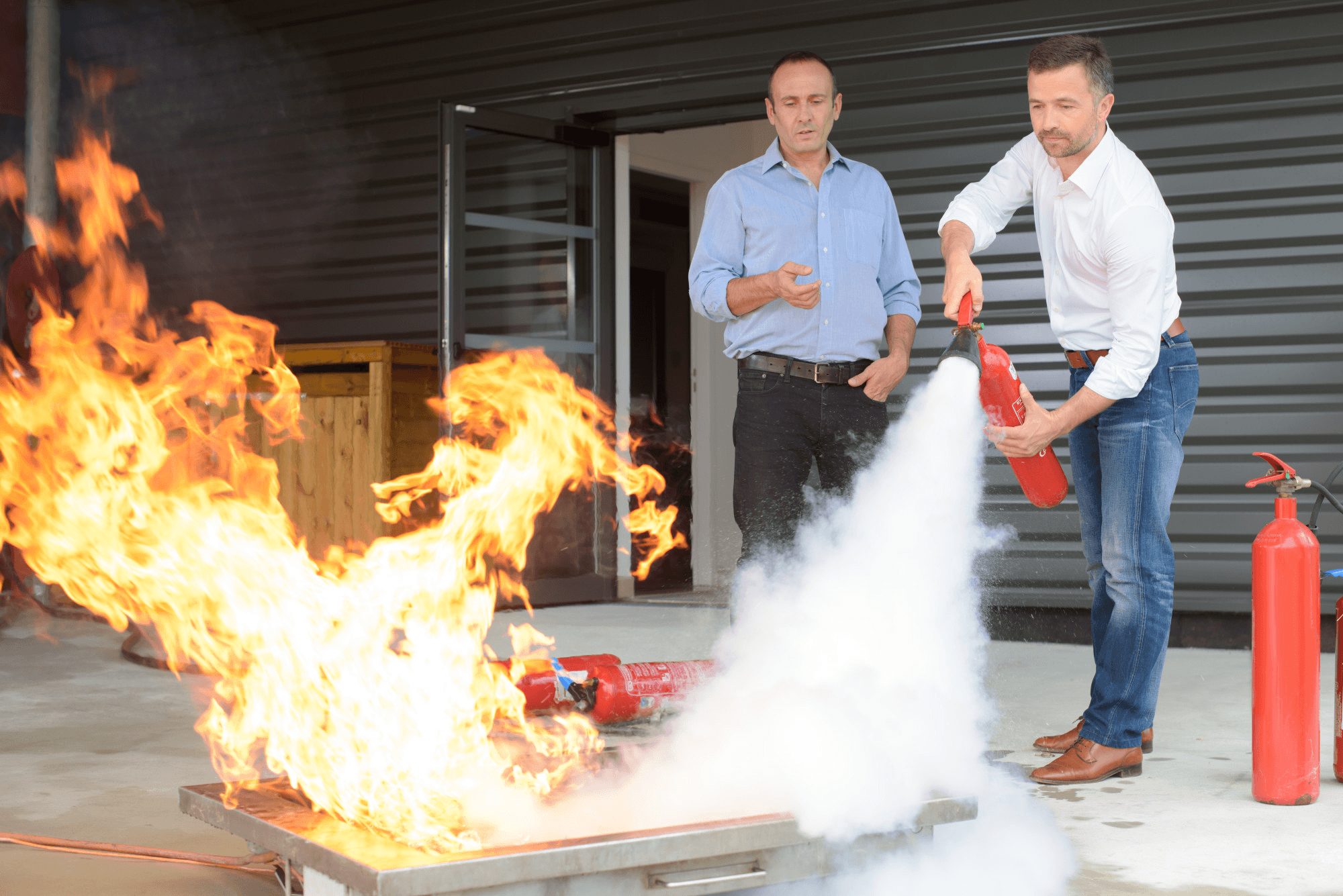Ensuring Fire Safety in US Offices: Fire Brigade Readiness for Businesses
Ensuring Fire Safety in US Offices: Fire Brigade Readiness for Businesses
Blog Article
Ensuring a safe workplace isn’t just a legal obligation—it’s a moral one, protecting employees, clients, and property.
Whether you manage a small office or a large corporate space, understanding fire safety protocols is essential to keeping everyone protected.
By the end, you’ll have a practical roadmap for ensuring your office meets the highest fire safety standards and safeguards your most valuable assets: your people.
Why Every US Company Needs Fire Safety Protocols
Fires can happen anywhere, and offices are no exception.
Companies that prioritize fire prevention demonstrate responsibility, enhance employee trust, and maintain business continuity.
That’s why understanding the full scope of fire safety—training, equipment, documentation, and inspections—is essential for every organization.
Understanding Fire Warden (Brigade) Training Requirements
In the US, fire warden (sometimes called fire brigade) training equips designated employees with the knowledge and skills to lead evacuations, assist during emergencies, and communicate effectively with first responders.
Employers are responsible for selecting suitable fire wardens and ensuring they receive regular training updates.
Look for programs aligned with OSHA standards, NFPA guidelines, and local fire codes.
Keeping Fire Safety Documentation and Certifications Up to Date
These certifications confirm that the office has adequate fire alarms, extinguishers, evacuation plans, signage, and trained personnel in place.
Check that all fire extinguishers are inspected and tagged, alarms are functioning, and exit routes are unobstructed.
Proactive preparation not only simplifies renewals but also ensures continuous protection for your workplace.

Ongoing Strategies for Workplace Fire Prevention
US offices that prioritize ongoing safety measures are less likely to face emergencies and better prepared when incidents occur.
Regular maintenance is critical: schedule monthly checks on fire alarms, smoke detectors, sprinkler systems, and extinguishers.
When fire safety becomes part of the daily routine, employees are more confident, better prepared, and less likely to panic during a real event.
Legal and Insurance Implications of Fire Safety Compliance
Failing to meet fire safety standards can have severe legal and financial consequences for US businesses.
In the event of a fire, inadequate documentation or proven negligence may result in denied claims, leaving businesses to cover damages out of pocket.
Investing in compliance is not just about avoiding penalties—it’s about protecting your assets, your team, and your future.

Conclusion: Building a Fire-Safe Workplace
US companies that take fire safety seriously strengthen their resilience, enhance employee confidence, and minimize operational risks.
They not only meet legal obligations but also build trust with employees, clients, and insurers.
Keep your team informed, your equipment updated, and your plans reviewed regularly.
FAQ About Office Fire Safety
Who needs fire warden training in a US office?
Typically, designated employees such as team leads, managers, or safety officers receive fire warden training.
When do I need to update fire safety inspections?
Regular internal reviews help ensure continuous compliance and smooth renewal processes.
What triggers most workplace fires in the US?
Routine inspections and employee awareness help prevent these hazards.
How does fire safety affect insurance coverage?
Insurance companies often require proof of fire safety compliance, including certifications, equipment maintenance, and training records.
How do I write an effective workplace fire plan?
Drills and refresher training help keep the plan effective and actionable.
acesse o link Report this page